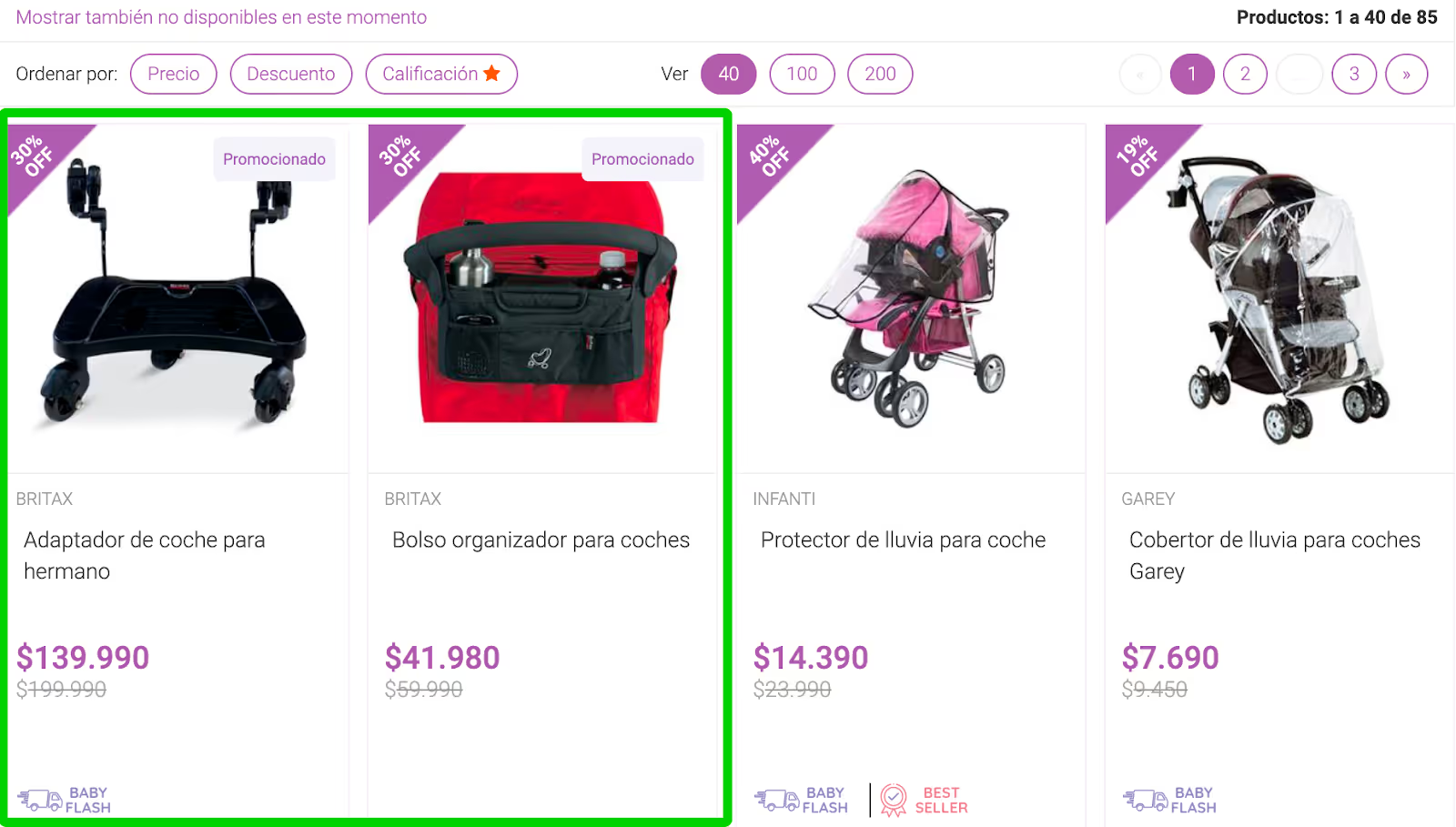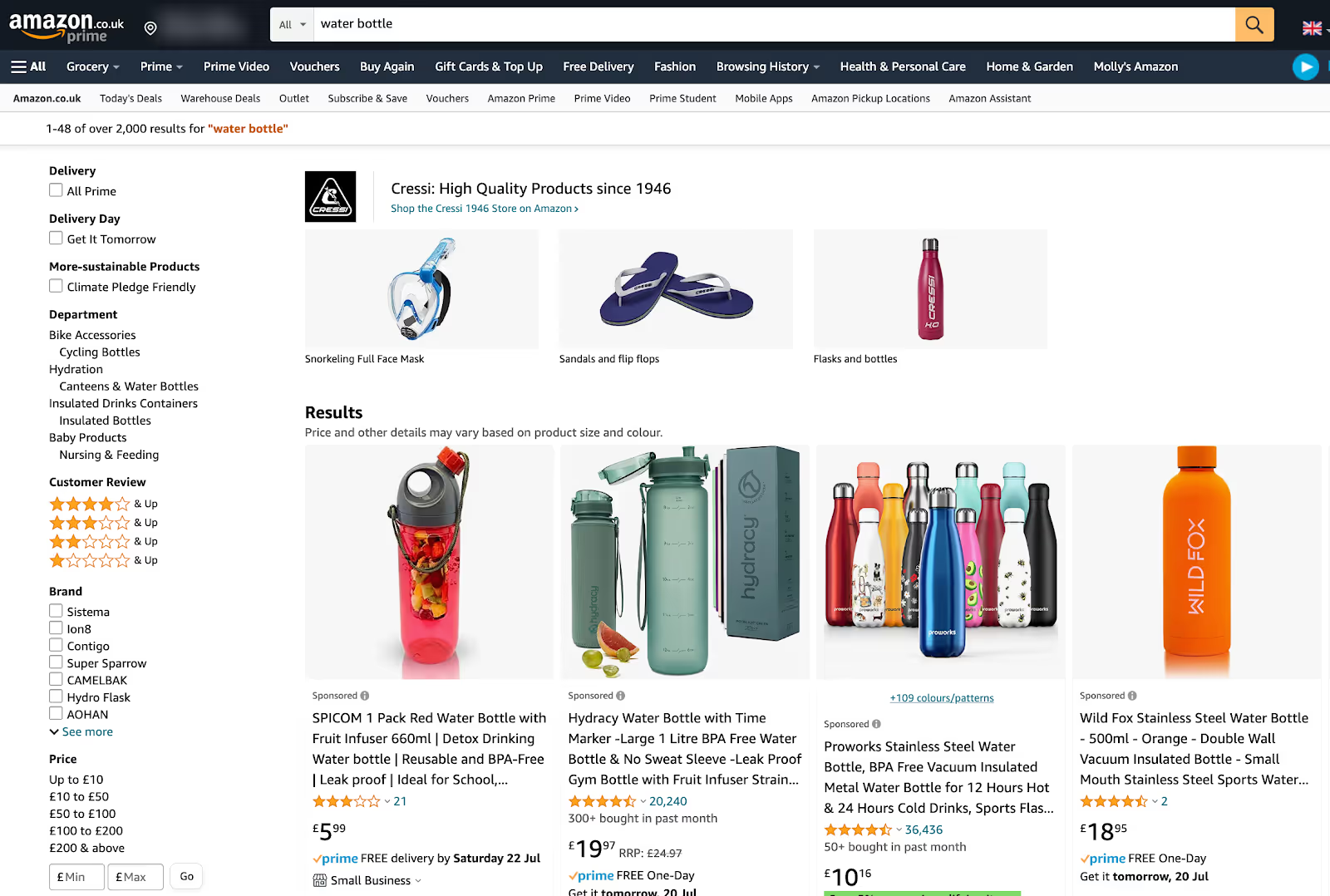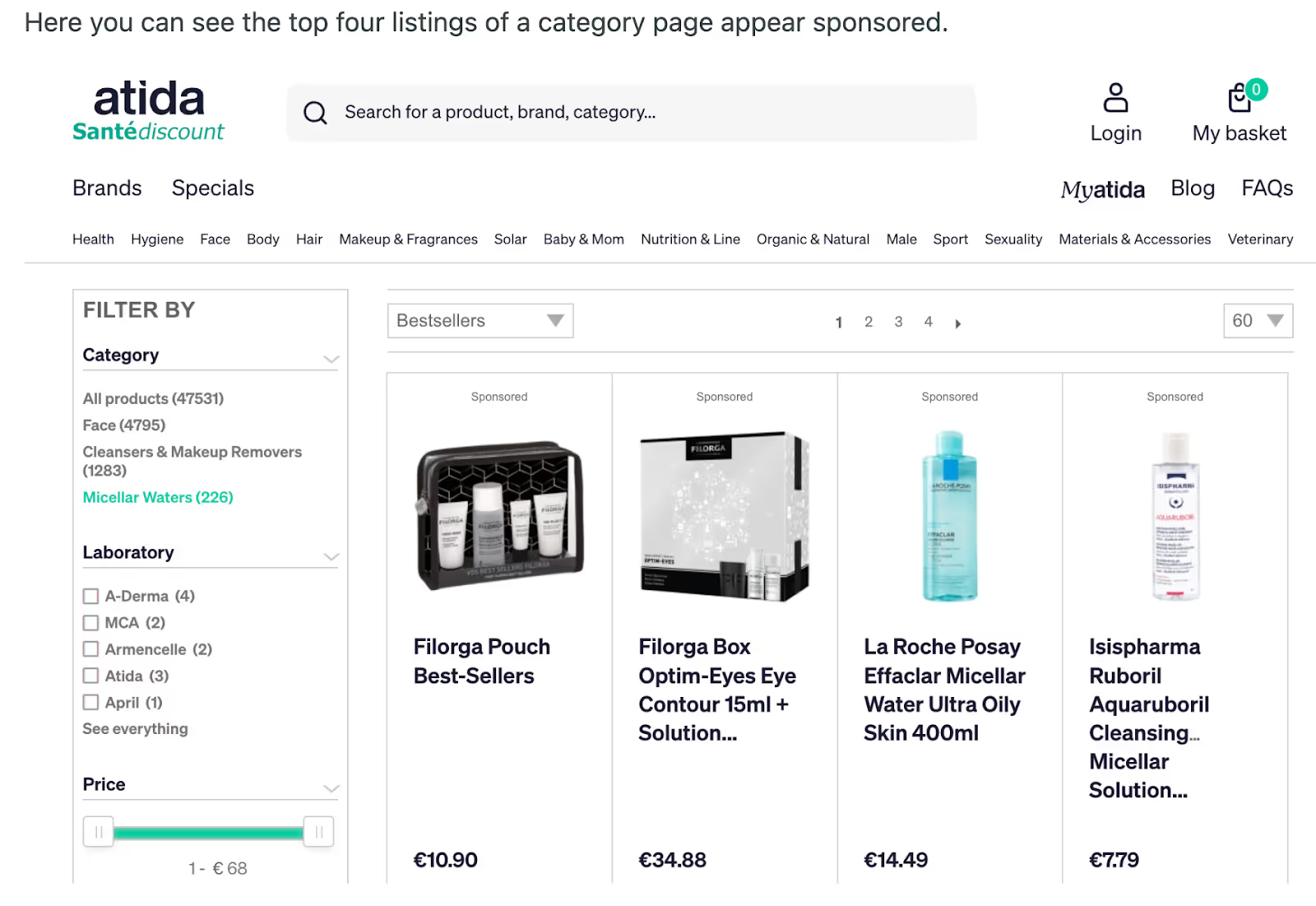
Welcome to our comprehensive guide on sponsored listings, a powerful advertising tool that can boost your business's visibility and drive targeted traffic to your website. In this article, we will delve deep into the world of sponsored listings, exploring their benefits, strategies for optimization, and how they can help you outrank your competitors in the dynamic online marketplace.
What are Sponsored Listings?
Sponsored listings, also known as sponsored ads or paid search results, are advertisements that appear alongside organic search results on search engines like Google. They provide businesses with a unique opportunity to showcase their products or services to potential customers actively searching for related keywords. By bidding on specific keywords, businesses can secure prominent placement on search engine results pages (SERPs) and increase their visibility.

The Power of Sponsored Listings
- Increased Visibility and Brand Exposure: Sponsored listings allow your brand to occupy prime real estate on search engine results pages. By appearing at the top of the SERPs, you can capture the attention of users and establish your brand as a credible authority in your industry. This increased visibility translates into higher brand exposure, ultimately leading to more clicks, traffic, and potential conversions.
- Precise Targeting and Reach: One of the key advantages of sponsored listings is the ability to precisely target your audience. By selecting relevant keywords and demographics, you can reach potential customers who are actively searching for products or services similar to what your business offers. This targeted approach ensures that your advertisements are seen by the right people at the right time, increasing the likelihood of conversions.
- Measurable Results and ROI: With sponsored listings, you gain access to valuable data and analytics that enable you to track the performance of your campaigns. This invaluable insight allows you to measure the effectiveness of your ads, identify areas for improvement, and optimize your strategies accordingly. By continuously refining your campaigns, you can maximize your return on investment (ROI) and drive sustainable business growth.

Examples of Sponsored Listings
- Amazon: Retailers using sponsored product listings on Amazon experience an average of 150% increase in sales.
- eBay: Sellers who use sponsored listings on eBay see an average sales uplift of 30%.
- Glovo: Vendors using Glovo Ads (powered by Topsort) reported an average return on ad spend (ROAS) of 5.8x.
- Etsy: Sellers participating in Etsy's promoted listings program have an average 4.5 times return on investment (ROI).
- Google Shopping: Retailers using Google Shopping ads witness an average 30% increase in clicks and 20% higher conversion rates.
- Walmart Marketplace: Sellers utilizing sponsored listings on Walmart Marketplace observe a 30% increase in click-through rates (CTR) on average.
- Sodimac: Sodimac’s ad spending went up by almost 800% when sponsored listings were introduced, vendors reported ROAS upwards of 9x.
- Alibaba: Sellers participating in Alibaba's sponsored listings program experience a 60% increase in product impressions and a 38% boost in click-through rates (CTR).
- Target Plus: Sellers using sponsored listings on Target Plus see a 30% increase in click-through rates (CTR) and a 20% increase in conversions on average.
- Airbnb: Hosts utilizing Airbnb's sponsored listings feature have a 60% increase in search page views and a 40% increase in bookings.

Impressive Stats on Sponsored Listings Success
The success of sponsored listings is backed by impressive statistics that highlight their impact on businesses. Consider the following:
- A report by Skai reveals that advertisers experienced an average increase of 80% in conversion rate when implementing sponsored listings compared to organic search results.
- Research from Statista shows that in 2021, digital advertising spending on sponsored listings reached $327 billion globally, demonstrating the widespread adoption and effectiveness of this advertising strategy.
- HubSpot's data indicates that 65% of consumers click on ads when they are looking to purchase an item online, emphasizing the importance of having a prominent presence through sponsored listings.
These impressive statistics emphasize the potential of sponsored listings to drive conversions, increase brand visibility, and deliver a strong return on investment for businesses.
A vendors guide to optimizing Sponsored Listings for success
To outrank your competitors and achieve optimal results with your sponsored listings, it's essential to implement effective optimization strategies. Here are some key factors to consider:
Compelling Ad Copy: Crafting compelling and engaging ad copy is crucial to grab users' attention and entice them to click on your sponsored listings. Use persuasive language, highlight unique selling points, and include a strong call-to-action (CTA) to drive conversions. A/B testing different variations of your ad copy can help you determine which messages resonate best with your audience.
Landing Page Optimization: An optimized landing page plays a pivotal role in converting clicks into meaningful actions. Ensure that your landing page aligns with the message conveyed in your ad copy and provides a seamless user experience. Clear and concise information, compelling visuals, and intuitive navigation can enhance engagement and boost conversion rates.
Ongoing Monitoring and Optimization: Regularly monitor the performance of your sponsored listings and make data-driven adjustments to optimize your campaigns further. Track key metrics such as click-through rates (CTR), conversion rates, and return on ad spend (ROAS). By analyzing this data, you can identify underperforming areas, test new strategies, and continuously refine your campaigns for maximum effectiveness. Pace your budget so your ads have as much airtime as possible!
Unleash Your Advertising Potential with Topsort
Sponsored listings present a golden opportunity for businesses to stand out in the crowded online marketplace and achieve higher visibility, brand exposure, and conversions. Backed by impressive statistics, sponsored listings have proven their effectiveness in generating conversions and delivering a strong return on investment. By understanding the power of sponsored listings, implementing effective optimization strategies, and continuously monitoring and refining your campaigns, you can outrank your competitors and drive sustainable growth for your business.
We don’t believe profitable advertising should be complicated or exclusive. Topsort provides building blocks of marketplace native advertising success that is intuitive, transparent, clean and delightful. We’re advertising you don’t hate. Intrigued? Book a call with our team here.

